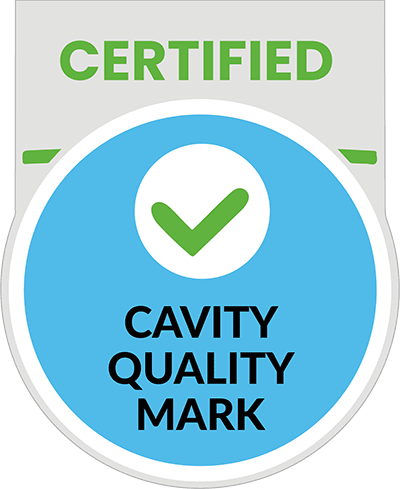- Include contact details
At the top of your CV include your name, telephone number, email address, location (town) and if you have one, a link to your Linkedin profile. If you're moving to a new area then make sure you state that; employers might completely disregard your CV if you're applying for a job in Cornwall, but the address on your CV says Glasgow.
- Layout
Structure your CV with your contact details at the top, followed by short personal profile, achievements, career summary, skills and then education and hobbies/interests (optional) at the bottom. Here is some information on how to approach each section:
Personal Profile
An attention-grabbing statement to introduce the reader to your background, key skills and relevant experience. Keep this to a short paragraph and you could include:
- Number of years’ experience in the industry/role you are applying for
- Relevant qualifications to the role you are applying for
- Personal attributes that are important for the role you are applying for
Achievements
Under the personal profile include a bullet list of some key achievements, perhaps around three or four. Keep these as concise as possible within a sentence or two and start with an active verb, e.g. ‘Delivered’ or ‘Implemented’. The aim of this section is to show how you stand out from everyone else applying – this is the ‘why should they interview/hire you section’.
The reason it’s important to have this list here and not included within your career history is that if the reader doesn’t read through your entire CV, they have read your key achievements.
You could use an achievement from a previous employment or if you don’t have much employment you could use a qualification you have obtained.
Career Experience
Here you list your work experience. Put the company, your job title and month/year you were there from and to at the top with bullet points underneath. List your experience in reverse chronological order, starting with your most recent position. This helps employers quickly see your most recent role and responsibilities. Please include from and to dates for each employment - it is a CQC requirement for employers to have exact dates of their employees previous positions so this could possibly be checked during an inspection.
Only include work experience that's relevant to the job you're applying for.
Keep achievements at the forefront of your mind (not the ones used in the achievements section), using numbers and figures to explain what you achieved just as with the achievements section. Start each bullet with an active verb. You could also include awards, promotions, problems solved, time or money saved, and special projects.
Skills
In this section list your key skills that are relevant to the role. This can include technical or hard skill, e.g. Microsoft Power Point, and they can include soft skills, e.g. decision making.
Education & Qualifications
Here you can list your education, degree qualifications are the most important, but you may also wish to state A Levels and GCSEs obtained although exact subjects and grades are not usually needed unless highly relevant to the role.
Also include any professional qualifications or accreditations here.
Hobbies and Interests
You do not need to include these on your CV but if you wish to, you can and it can be a good way to stand out from the crowd as you get to show off your personality and individuality.
Recruiters invest in people; they hire and work with human beings. Adding hobbies that are relevant and add value are key, for example, playing chess would match well when applying for technical jobs like IT or science.
- Check spelling and grammar
Double check for any mistakes. Mistakes on CVs make it look sloppy. I'm personally terrible at proofreading my own work, so I get other people to proofread for me. Send it to a friend and get them to look it over for you. You can also try printing it out and reading it through as it is easier to spot mistakes that way.
- Make it relevant to the job you are applying for
If you don't have any dental experience then you need to at least write something about why you want to apply for a job in the dental field. This could be included in your personal profile and/or covering letter.
- Hep B.
If you are new to the dental field then it would be a really good idea to get a Hepatitis B immunisation jab organised. If you do get accepted for the job then you will have to have this done before you can start! Speak to your GP or local occupational health department for more information.
- Explain gaps
If you have time gaps in dates between jobs then you should state what they were for.
- Change your email address
If you have a funny email address that you set up when you were 13, then it's time for a change. No one is going to take you seriously if you're applying for a job with a ridiculous email address like 'crazycaz69@' or 'meganisababe@' !
We hope you have found these tips helpful and we wish you luck with your job hunting!


